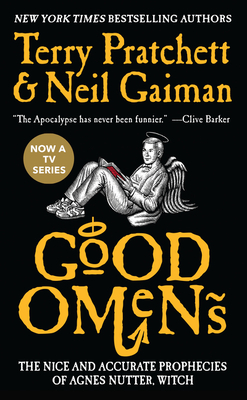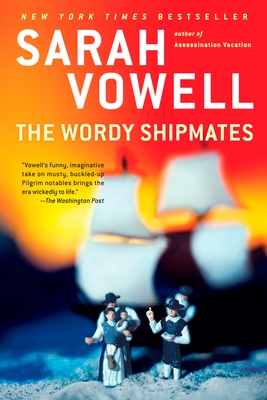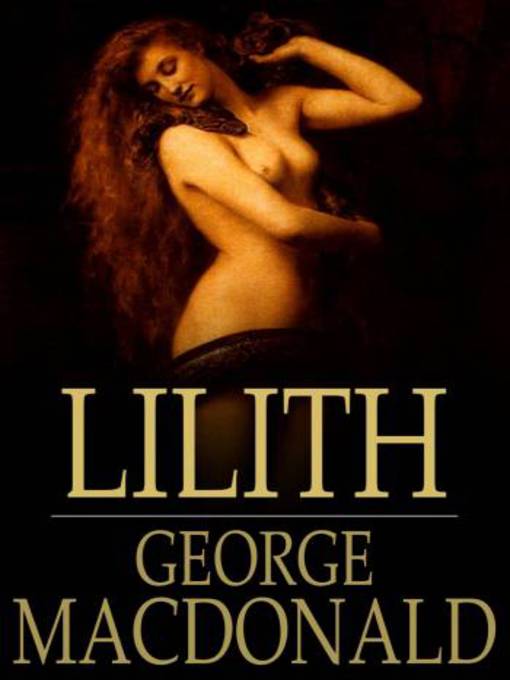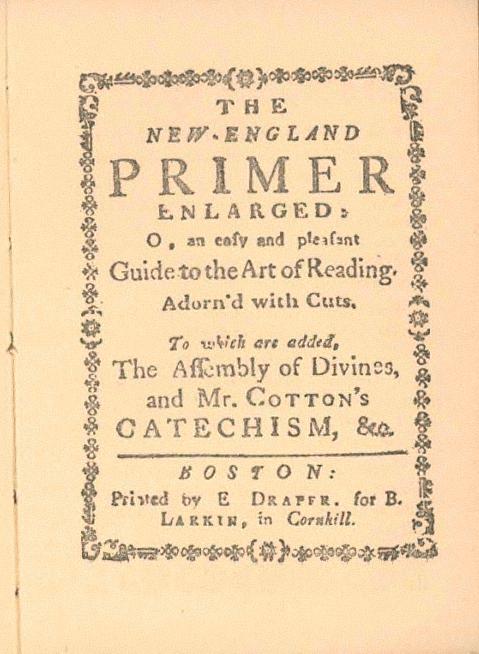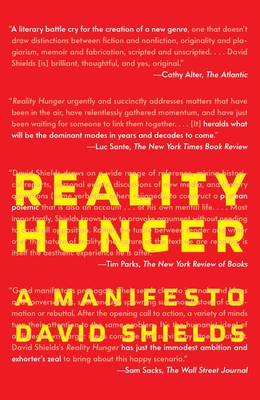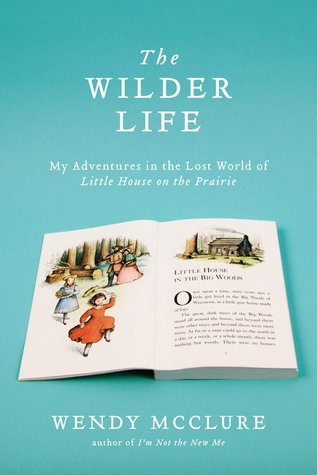As the semester chugs along and I become increasingly more suicidal (not really, Mom), I've read some books. Don't get excited. They are for the most part officially bad books--we're talking fantasy and history here. Gah-ross. I'm going to sum these books up in five sentences or less. Readysetgo.
First,
Lilith by George MacDonald.
I did not pay much attention to this book when we talked about it in class. It's about this guy who leaves the real world and gets stuck in a confusing and gross secondary world filled with cat-ladies and children-like things and skeletons and a Raven-man who is also a librarian (??? I know, right). MacDonald was kind of obsessed with repentance, being a minister, and this theme is definitely a major one in the book. Also: the two main characters are women, and one a huge bitch with a lot of power. Maybe MacDonald was trying to make a comment on women's lib, maybe not. I do not recommend this unless you like fantasy. I would say if you like
The Golden Compass (which I personally think should be removed from every library in the world and burned), you'll like this poor excuse for a
sermon book.
For the Fantasy and Romance class for which I read
Lilith, we just finished
The Fellowship of the Ring. I liked it. Probably too much because I didn't write in the book. I feel like that interrupts the story, and ruins a perfectly unwritten-in book (more specifically my Dad's copy from the 1970s).
I first read this in middle school when the movie came out. It was the beginning of my love affair with
Viggo Mortensen, also known as Liv Tyler's love interest in the movies and my love interest in real life. Anyway, I didn't really remember it. My favorite parts are the parts about hobbits. I love hobbits and descriptions of them. I could read about Bilbo and Frodo's joint birthday party forever. But that's because my favorite things to read are boring, long books with slow, yet moving plots. Like
Jane Eyre. So, I really liked that about this book, not so much the descriptions of land and the geography of a certain Madeupplace, but thanks for trying John Ronald Reuel. The thing about these books is that once you read them, you hold J.R.R. up to be some sort of fantasy god--which he totally is--and most other fantasy books transfigure into cheap and trashy paperback editions of
Twilight in your hands before you can even get through the first chapter. Also, this series sort of disintegrates the magic of the Harry Potters. Even the Whomping Willow is borrowed from Tolkien--the freaking Whomping Willow! Though this kind of disappointment is stressful to a psyche built entirely upon Hogwarts School of Witchcraft and Wizardry, I'm still of the camp that remains appreciative of Rowling's work, and doesn't blame her entirely for every coincidental (or not) likeness between the two series. Those pesky tropes.
Third book:
The Wordy Shipmates by Sarah Vowell.
This book is supposed to be a hip and with-it approach to the history of the Pilgrims. You know, the ones who sailed to the New World in hopes of religious freedom blah blah yada yada? Well, I honestly found this book less interesting than my history textbook for the class. She's funny sometimes, and I chucked and shared bits with the roommates a couple times, but it's just not my cuppa tea. If you're really interested in the Pilgrims, check out
Major Problems in American Colonial History, and you won't have to deal with Vowell's "sense of humor" and political agenda.
Last and definitely least there's
this book. I honestly rolled my eyes just then, thinking about it.
I'm telling you, this book is a hipster's dream and my worst nightmare. It has redeeming qualities including that some pages only have a couple words on them and every time the word "house" appears in any language, it's in blue. It's interesting but it tries way too hard to be some sort of newfangled book. It's too long and has multiple fonts. There are stories within the endnotes--the long, long endnotes, some of which are made up. It might be worth reading because it's part of a new theorizing of the book (or something equally as clever or profound). But, it's definitely rated NC-17 for terrifyingness and overt sexual content.
Okay, so I failed at the five sentence thing.
A brief note on the chosen book covers:
I've been trying my best to provide the book covers that are the same as the book I read. Why? Because I judge every book by its cover and so should you. There is no excuse for an ugly book cover anymore, but they still happen. Take
Lilith for example, the cover for the one I read was busy, purple, and very unromantic. Look what it could have been:
These would have been so much better to read because they have pretty ladies on the front! Very
pre-Raphaelite.


